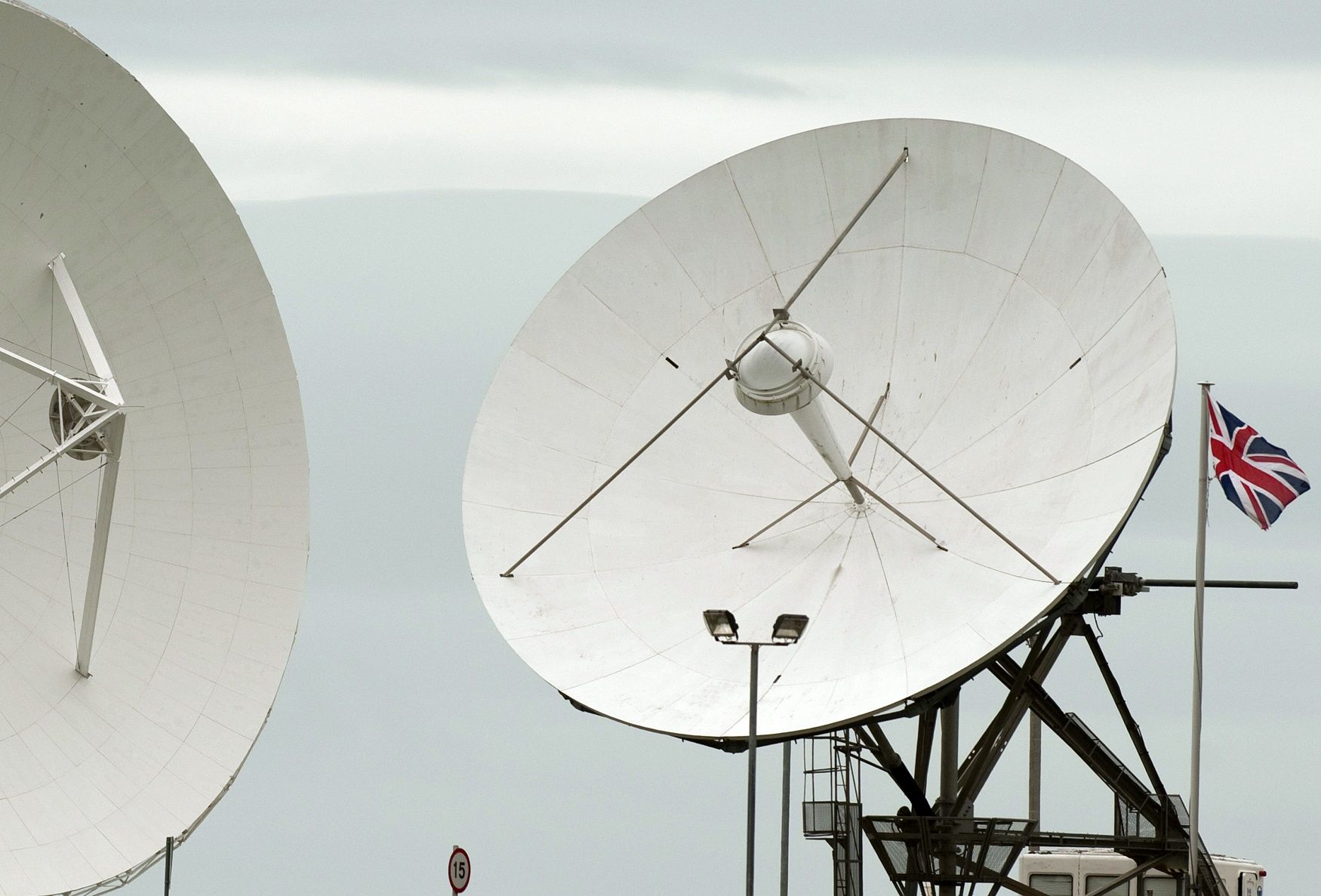
The U.K.'s Investigatory Powers Bill, also known as the Snooper's Charter, is an extraordinary document. It grants the state the ability to harvest information in bulk and to process and profile it without suspicion. Companies can be compelled to hack their customers and weaken their security systems. Innocent people's devices can be hacked in "bulk" in order to get closer to unspecified targets.
All of these practices appear to have existed for many years, in secret and without a Parliamentary vote. Hidden creative interpretations of our existing laws allowed so-called "bulk powers" to gather information about millions of people, secretly tap internal cables belonging to Google or Yahoo! and to hack foreign companies, such as Belgium's national telecoms provider, turning them into Government Communications Headquarters (GCHQ) surveillance conduits. The only reason we know, of course, is because of Edward Snowden's actions, revealing what the U.S.'s NSA and Britain's GCHQ were up to.
Even after the Snowden documents, the government refused to explain what was taking place. Thanks largely to one U.K.-based NGO, Privacy International, a great deal of these activities have been detailed and found to be illegal. By making accusations about these practices in court, the British government have been forced to swiftly produce codes of practice and explain in public what the rules really are.
You'd think the sheer revocation of democracy and failure of accountability would be enough to outrage British MPs. You'd think this shift from targeted phone taps focused on specific known criminals to one of blanket surveillance to start fishing for new suspects would deserve a principled national debate.
Apparently not. The Bill was supported by the opposition as a sensible update of laws that had fallen behind digital technology, with new powers to deal with increasing terrorist threats.
Without a strong opposition, without conflict, there is little chance of change in the British political system. It relies on disputes to tease out the tricky issues
Labour focused on a few narrow issues of accountability, despite Jeremy Corbyn's supposed lifelong commitment to human rights and civil liberties. Instead, Labour took their cues from Andy Burnham, a former minister with leadership ambitions. While he was very concerned about the potential for trades unionists to be surveilled, he appeared not to grasp the sheer scale and power of the measures in the Investigatory Powers Bill.
We are left with a Bill that mostly permits and codifies all the illegal practices revealed through whistleblowing and court action. There is one new power, which has been woefully under-debated.
This is the collection of Internet Connection Records (ICRs)—a record of which services every citizen it is connecting to, logged in real-time. This unprecedented level of micro-surveillance is accompanied by a machine to make sense of the mass of data, called a 'Filter', but is in essence, a search engine. It can match these ICRs with your mobile phone location data and call histories. It can, we believe, be used to profile the social relationships and the sexual and political activities of every U.K. citizen.
Somehow this was not appreciated on the Labour and Conservative benches. The Liberal Democrats, Greens and SNP made a valiant attempt to place these issues at Parliament's forefront, but have not been understood. It is British citizens, and those countries that think we set a good example, who would suffer the results.
Jim Killock is executive director of the Open Rights Group.
Uncommon Knowledge
Newsweek is committed to challenging conventional wisdom and finding connections in the search for common ground.
Newsweek is committed to challenging conventional wisdom and finding connections in the search for common ground.
About the writer
To read how Newsweek uses AI as a newsroom tool, Click here.








